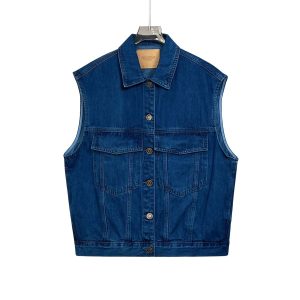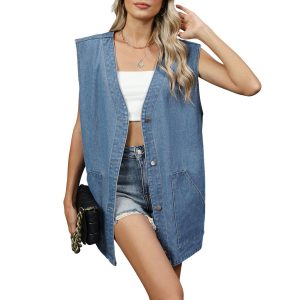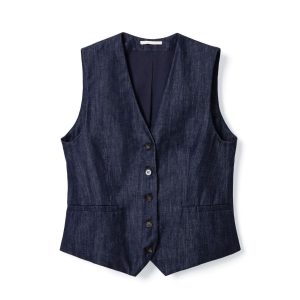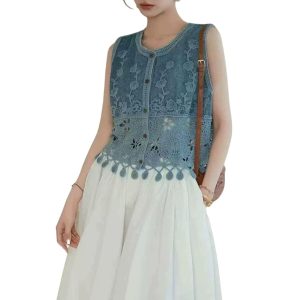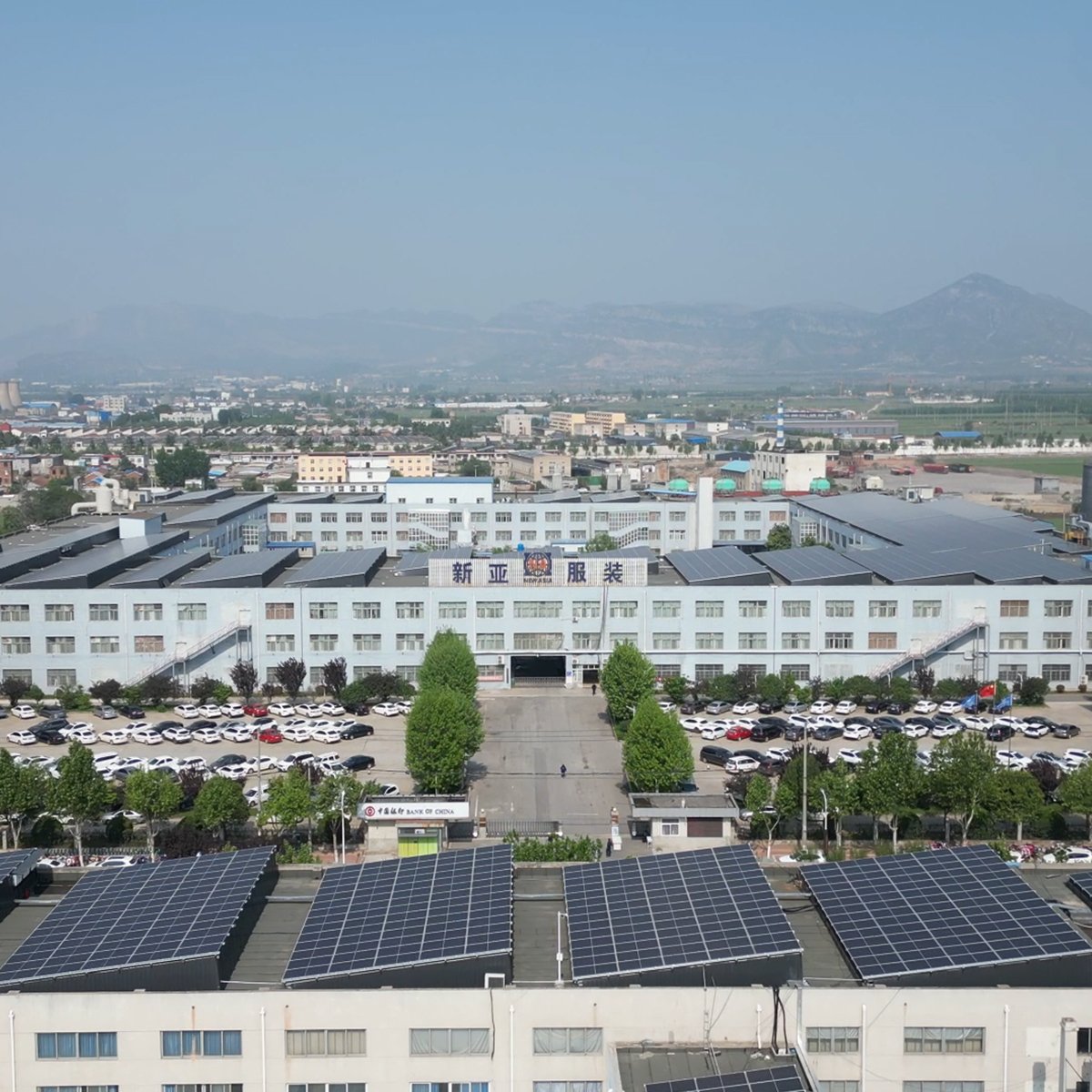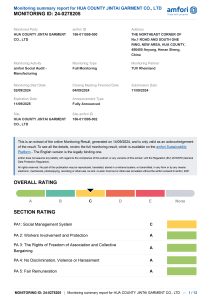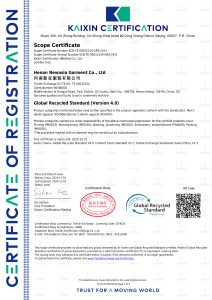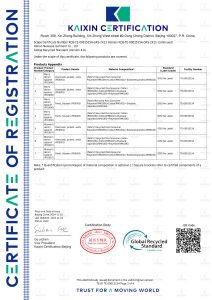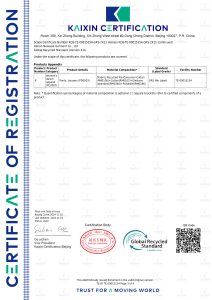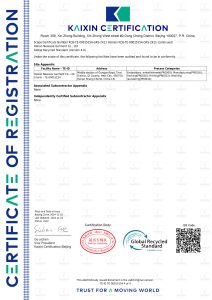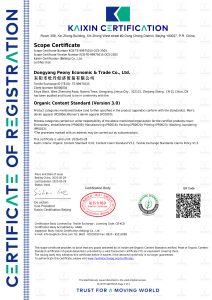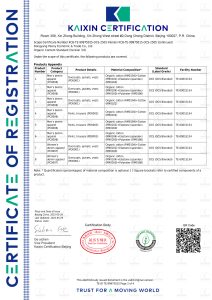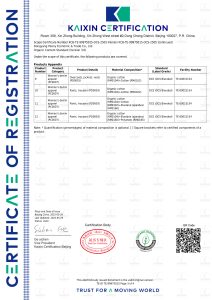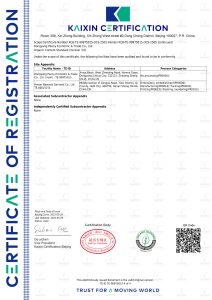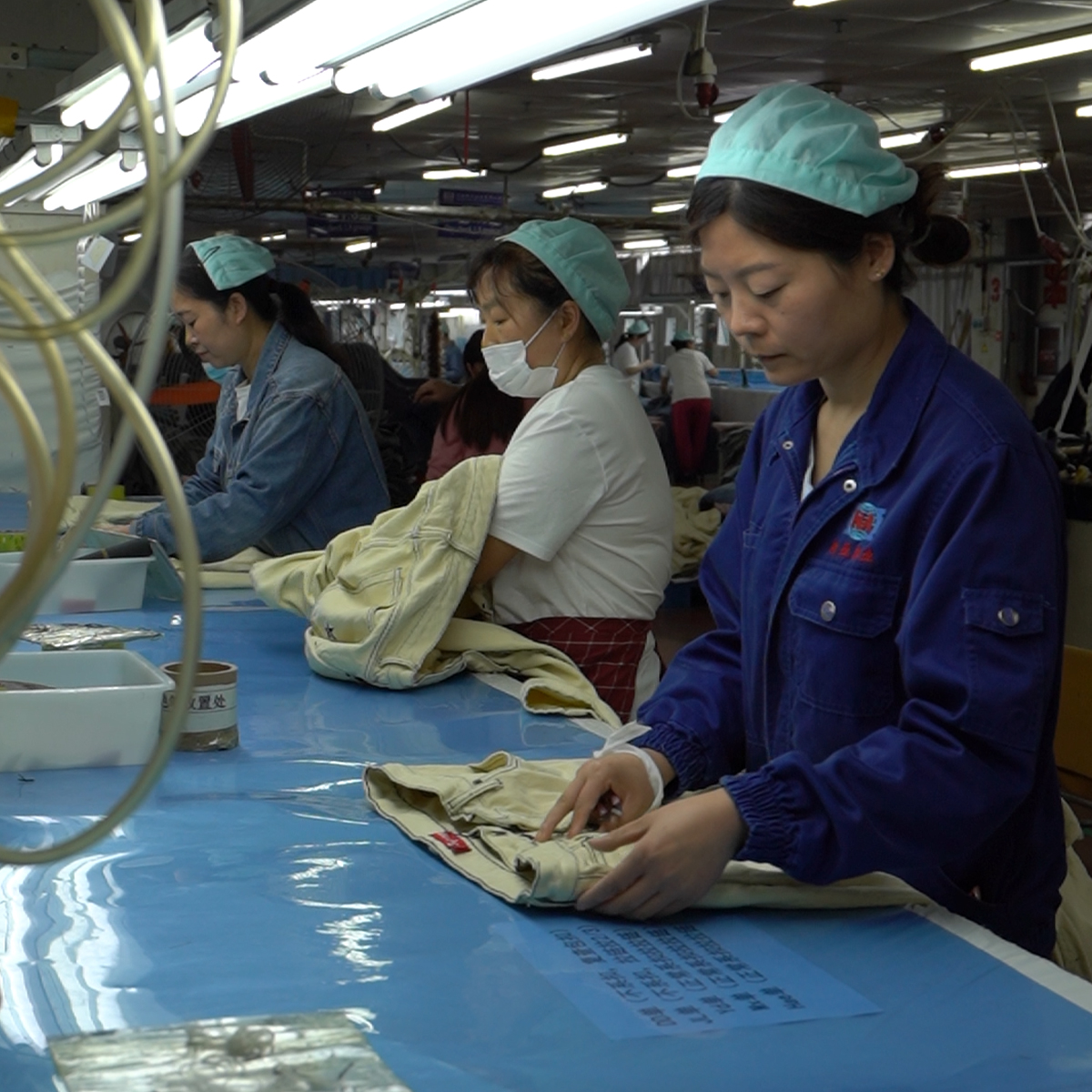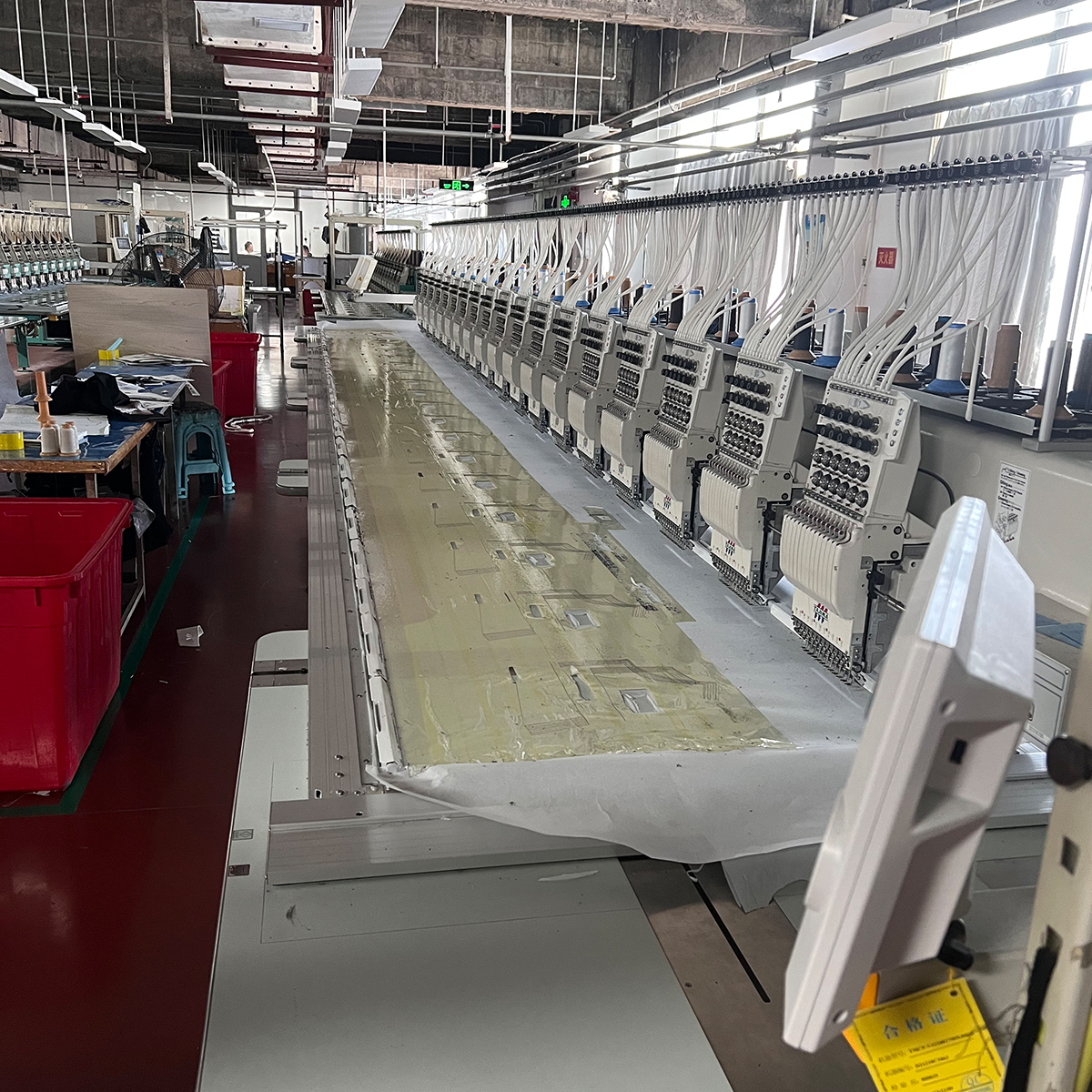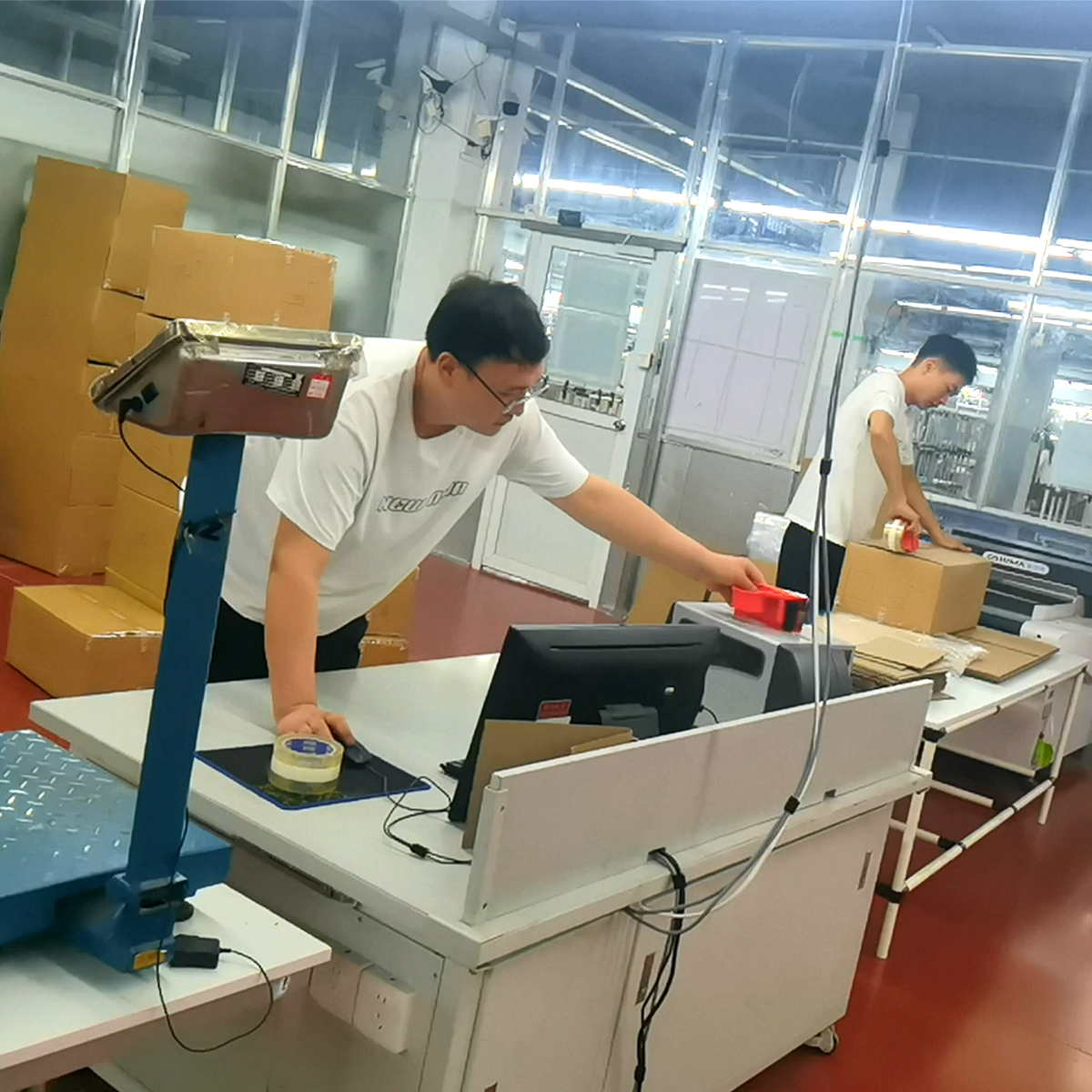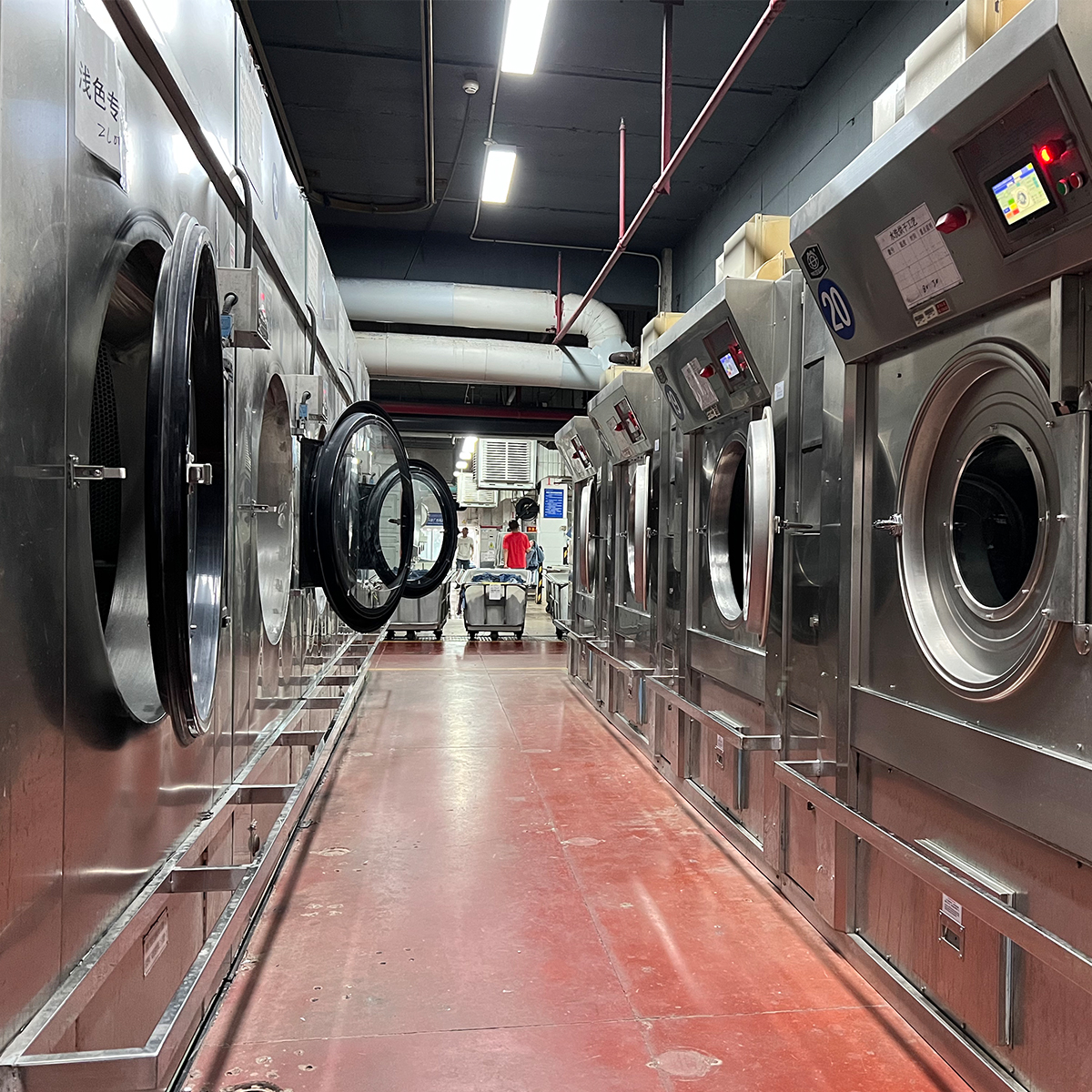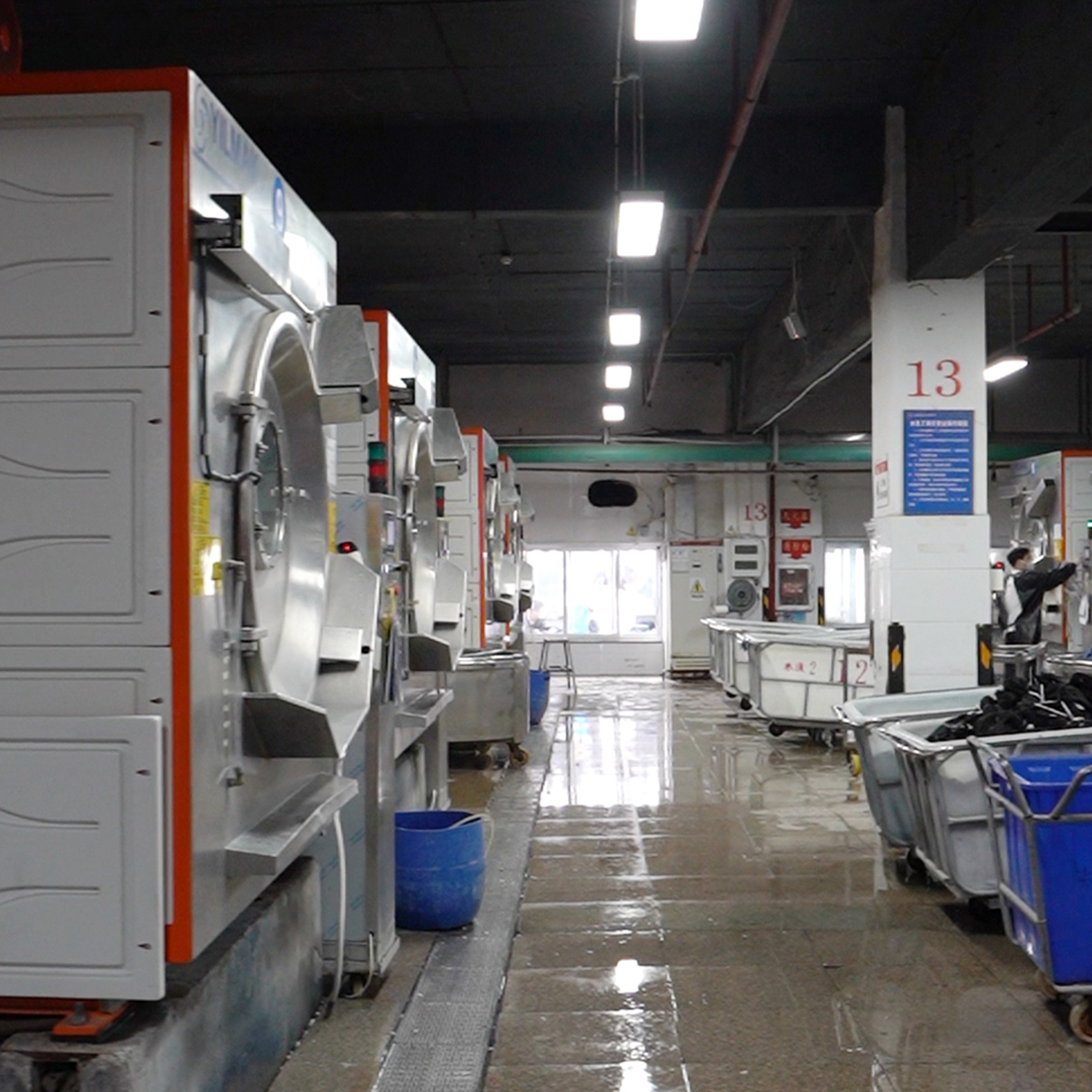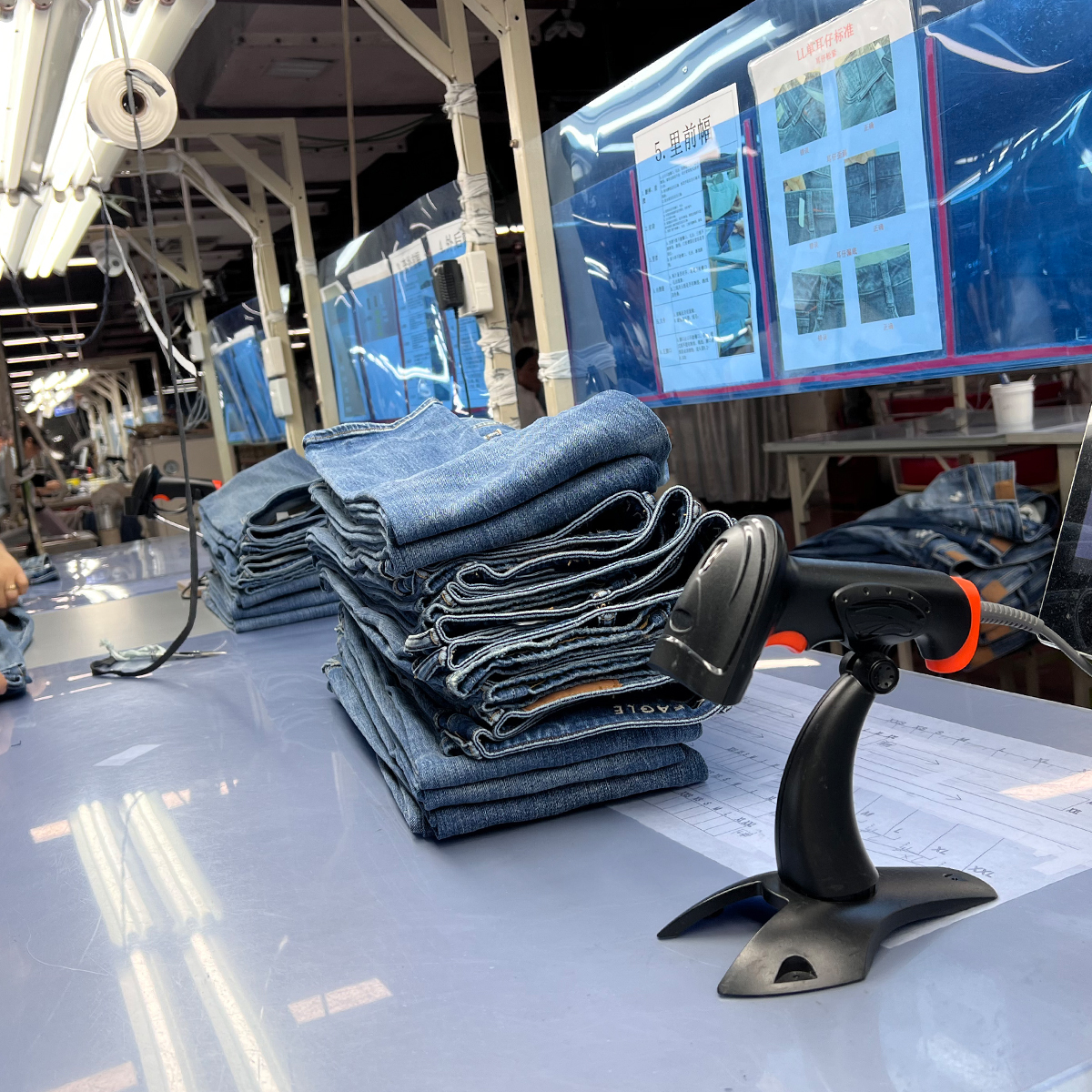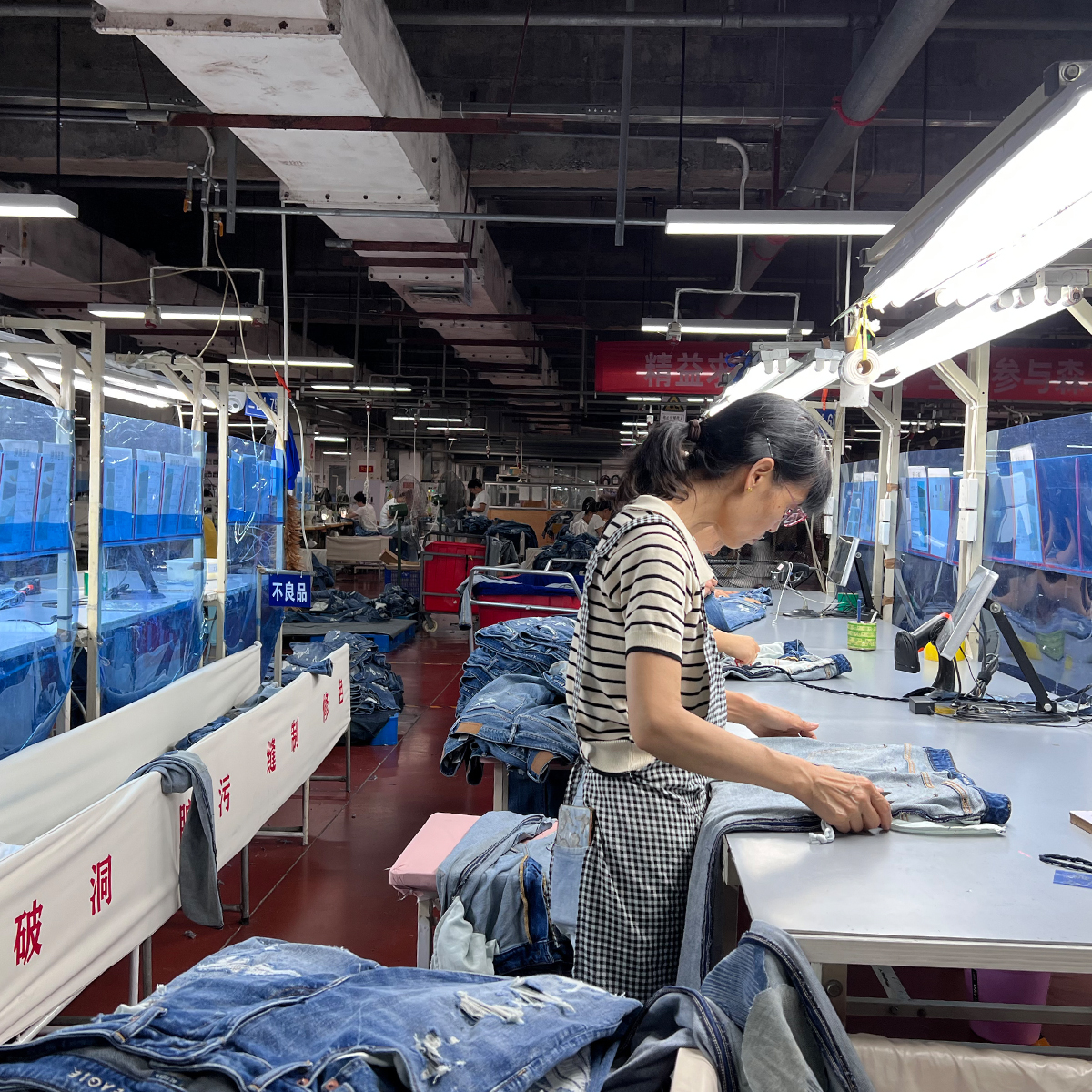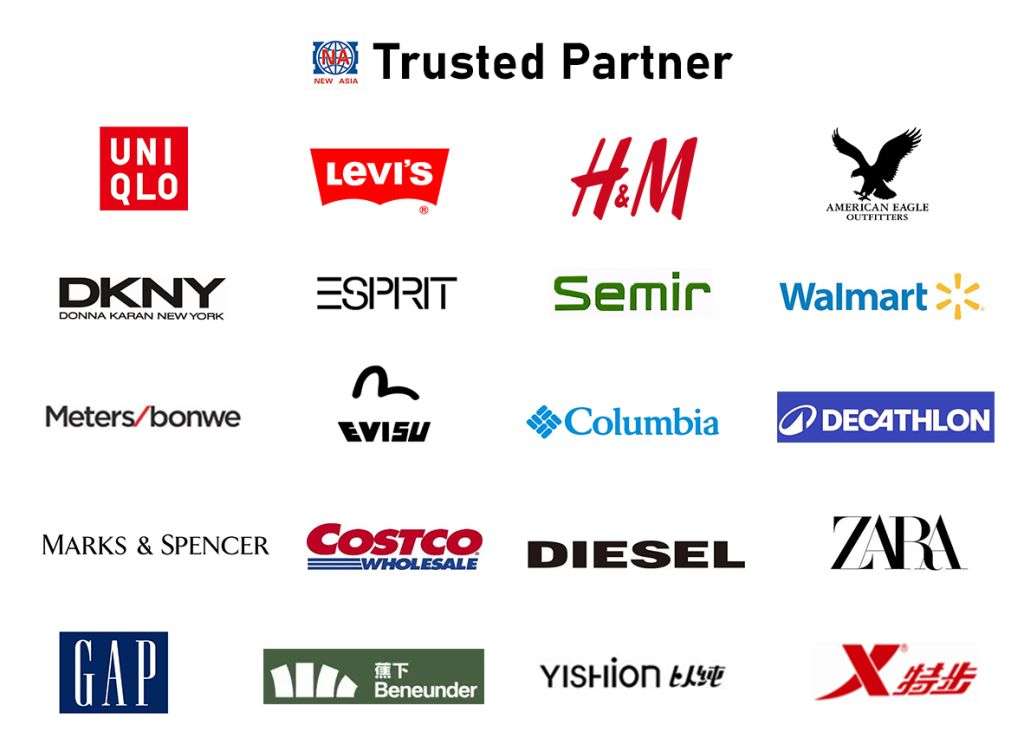Denim has become an integral part of American culture, steeped in history and adored by fashion enthusiasts worldwide. With roots that trace back to the 19th century, jeans have evolved from workwear to a style staple, capturing the essence of casual sophistication. But behind every great pair of jeans lies a story, especially when it comes to the manufacturers committed to producing high-quality denim in the USA. This blog post will delve into some of the top jeans manufacturers in America, exploring their unique offerings and what sets them apart in the ever-competitive fashion industry.
The Legacy of American Denim
American denim manufacturers have played an indispensable role in shaping the industry as we know it today. Not only have they been at the forefront of innovation, but they also continue to uphold sustainable practices amid shifting consumer preferences. The resurgence of interest in locally made products has brought a spotlight back to these manufacturers. Let’s take a look at some of the key players in the USA’s denim landscape.
1. Levi Strauss & Co.
Founded in 1853, Levi Strauss & Co. is a pioneer of denim manufacturing and arguably the most recognized jeans brand in the world. Known for its iconic 501 jeans, Levi’s combines traditional craftsmanship with modern technology. The company maintains a commitment to sustainability, investing in initiatives to minimize water usage and enhance the quality of their products. They offer a variety of fits, styles, and washes, catering to a diverse audience. Levi’s has also expanded its customization options, allowing consumers to personalize their jeans, reinforcing their relevance in today’s fashion landscape.
2. Wrangler
With a rich history dating back to 1947, Wrangler is known for its robust, utility-driven denim. Popular among cowboys and rodeo stars, Wrangler jeans feature durable construction and comfort-oriented styles. With an exciting line-up of products that blend style and functionality, Wrangler continues to innovate by incorporating high-tech denim materials. The brand resonates with those who appreciate outdoor lifestyles and rugged fashion, underscoring their longstanding reputation as a leader in American denim.
3. Lee Jeans
Part of the Kontoor Brands, Lee Jeans has been synonymous with durable and stylish denim since 1889. From its origins in Kansas, Lee has maintained a focus on quality and has a loyal customer base. The brand is known for blending vintage styles with modern techniques, resulting in comfortable fits that reflect both heritage and contemporary flair. Their focus on inclusivity is evident in their extended sizing range, allowing them to reach a wider audience. The brand’s eco-friendly initiatives are also commendable, as they strive to create sustainable denim lines without compromising style.
4. Joe’s Jeans
Founded in 2001, Joe’s Jeans is known for its fashion-forward designs that appeal to a younger demographic. Based in Los Angeles, the brand has quickly made a name for itself in the premium denim category. Joe’s Jeans focuses on innovation, producing a range of contemporary styles that utilize unique fabric blends for comfort and stretch. Their women’s line has particularly garnered praise for its focus on flattering fits. Joe’s Jeans is a prime example of how American manufacturers are blending creativity with functionality in their products.
5. AG Jeans
AG Jeans takes a luxury approach to denim, showcasing a commitment to craftsmanship and innovation. Founded in 2000, the brand prides itself on its artisanal approach to jean manufacturing, creating pieces that reflect a blend of modern and vintage aesthetics. AG is recognized for its meticulous attention to detail, including hand-finished techniques and environmentally friendly practices throughout the production process. Their collections cater to both men and women, with an emphasis on timeless style and exceptional fit.
The Shift Towards Sustainable Denim
In recent years, there has been a significant shift toward sustainability within the denim industry. Many manufacturers have recognized their responsibility to minimize their environmental impact and are actively seeking ways to produce denim that is eco-conscious. This shift not only caters to consumers who are increasingly prioritizing sustainability, but it also reflects a growing awareness of the industry’s water usage, waste, and chemical impact.
Several American manufacturers are leading the charge with sustainable practices, from using organic cotton to developing innovative recycling processes. Brands like Levi’s and Lee are implementing water-saving technologies while others are exploring alternative materials such as recycled denim. As consumers become increasingly educated on production processes, companies that prioritize sustainability will likely emerge as front-runners in the competitive denim landscape.
Innovation at Its Best: Technology in Denim
Beyond sustainability, technology has transformed the way jeans are designed, manufactured, and marketed. From laser technology that creates intricate designs to 3D-knitting techniques that offer personalized fits, American manufacturers are pioneering advancements that enhance both efficiency and creativity in denim production. These innovations allow for faster turnaround times and lower labor costs while still maintaining high quality.
Furthermore, technology also plays a crucial role in consumer interactivity. Brands are utilizing augmented reality (AR) and virtual dressing rooms to elevate the shopping experience, enabling customers to visualize how a specific pair of jeans will look without ever stepping foot inside a store. This integration of technology highlights a notable trend where manufacturers not only focus on the product but also enhance customer experience through better engagement.
The Future of American Denim Manufacturing
As we look ahead, the American denim market is poised for growth, with manufacturers embracing trends that reflect changing consumer preferences. The rise of online shopping has encouraged brands to explore direct-to-consumer models, providing individuals with more size and style options not traditionally available in retail settings. This trend attentively caters to niche markets and diverse body types, painting a hopeful picture for future inclusivity in the industry.
Moreover, collaboration is becoming another staple in the denim market. Many manufacturers are partnering with up-and-coming designers, artists, or influencers to create limited-edition collections. This strategy not only attracts attention but also breathes fresh life into established brands, keeping them relevant in a rapidly evolving market.
The Impact of American Culture on Denim
Denim is more than just fabric; it has become a canvas for cultural expression. American manufacturers continue to draw inspiration from various art forms, music, and social movements, incorporating these elements into their collections. Fashion shows, pop-up events, and digital campaigns showcase this cultural integration, allowing brands to connect with consumers on a deeper level.
This cultural resonance makes American-made denim particularly cherished. Consumers feel a sense of pride in supporting local manufacturers that reflect their values and heritage. As brands evolve with the times and incorporate elements of storytelling into their marketing, the connection between consumers and manufacturers will only strengthen, illuminating the path toward future collaborations and innovations.
Final Thoughts
The world of denim manufacturing in the USA is rich with heritage, innovation, and sustainability. From the storied history of brands like Levi’s and Wrangler to the avant-garde approaches of Joe’s Jeans and AG, each manufacturer brings a unique perspective to the table. As consumers become more discerning and demand quality, authenticity, and sustainability, the industry is being challenged to adapt and respond. American jeans manufacturers have shown resilience and creativity, paving the way for an inclusive and vibrant future that stays true to the heart of denim culture.



